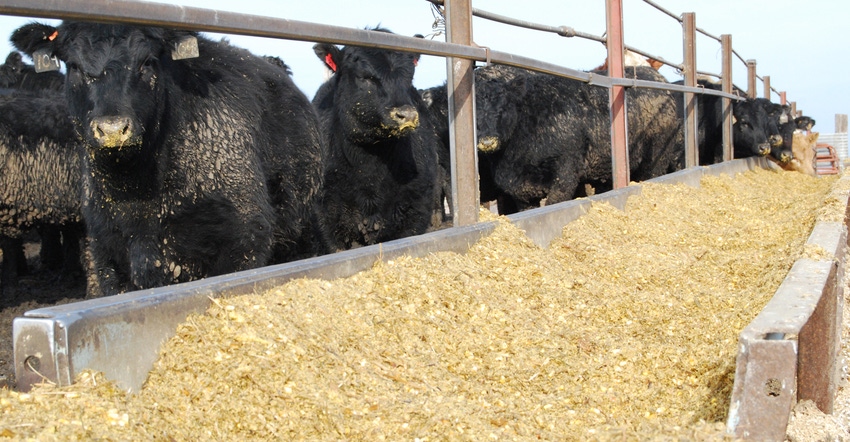April 4, 2017

By Erin Herbold-Swalwell
Iowa Gov. Terry Branstad on March 29 signed legislation into law limiting the amount of damages awarded in livestock nuisance lawsuits. The Iowa Legislature passed the bill the previous week and sent it to governor. The new law is needed, he said, “because nuisance lawsuits are increasing and creating instability in the livestock industry, a very important part of Iowa’s economy.”
The bill states that the purpose of the legislation is to encourage those involved in animal agriculture to adopt prudent and generally used management practices for their animal feeding operations. Thus, this enhances the role of animal agriculture in Iowa by providing a reasonable level of protection to persons engaged in animal ag production from certain types of nuisance actions. A nuisance from a livestock producer could range from sound pollution, smell, air pollution, water pollution, etc. Financial damages are limited under this bill.
The Responsible Farm Protection Bill, Senate File 447, establishes a section in Iowa Code to provide nuisance protection to responsible livestock farmers. The nuisance protection applies to confinement feeding operations and open feedlot operations.
Qualifying for nuisance protection
To qualify for the nuisance protection, a livestock farmer must comply with state and federal law and use existing prudent management practices reasonable for the operation. All nuisances will be presumed permanent and not temporary, meaning there can’t be successive lawsuits filed for the same alleged nuisance. If a judge or jury finds that a livestock operation does constitute a nuisance, the total amount of damages awarded can’t exceed:
• The decrease in fair market value of the property plus...
• Medical damages plus damages for annoyance and loss of comfortable use and enjoyment of the property, which are limited to one and a half times the decrease in fair market value of the property plus medical damages.
• The legislation also provides that costs and expenses of a nuisance lawsuit may be awarded to the farmer if the judge or jury determines there is no nuisance. Farmers who have been deemed habitual violators under Iowa law will not qualify for the nuisance protections contained in this legislation. The existing nuisance protections in Iowa law that have been found unconstitutional on a case-by-case basis will remain in place and unchanged by the legislation.
Other bills of interest to farmers
Here are some other bills of interest to farmers that have been introduced in the 2017 session of the Iowa Legislature:
• House File 288 proposes a water excise tax and replaces the current sales tax on metered water with a 6% excise tax, with a sixth of the tax collected going to SAVE (Secure an Advanced Vision for Education) fund.
• Senate File 456 provides that the board of water works trustees in cities with a population of 39,000 or more shall be discontinued or dissolved, and instead city councils shall become the governing bodies of water utilities. This bill gives the city councils all authority with respect to acquisition by purchase, condemnation, lease, sale, etc., of the property or facilities of the water utility. It requires city managers to designate an administrator to be the manager of the water supply system subject to approval of the city council.
• Senate File 449 allows a landowner to install a cattle guard on a street or highway if it is a dead end, partially or completely located in a floodplain, serves no residence, and exits to a secondary road. The landowner installing the cattle guard must own the property on both sides. The guard can be built at landowner’s expense if flooding impairs the landowner’s ability to use fence to keep cattle in. If the cattle guard is installed pursuant to this bill, the landowner will no longer be liable under Chapter 169C for cattle straying and would not be liable for injury or liability for placement of the guard, among other things.
• House File 443/Senate File 357 was signed into law by the governor on March 23. It modifies licensing requirements for electricians and electrical workers by stating that the term “commercial” doesn’t refer to use, installation or structure or premises associated with either a farm or an industrial installation. This bill deems that the law on electrical licensing not be applicable to a person performing any installation on a farm, if the person is associated with the farm as an owner, a relative or employee of the owner, or an operation or manager of the farm. It also exempts farm installation from permit and inspection requirements.
This column is current as of March 29. For updates and information on the bills mentioned above, search the bills at legis.iowa.gov.
Herbold-Swalwell is an attorney with Brick-Gentry PC in Des Moines.
You May Also Like




